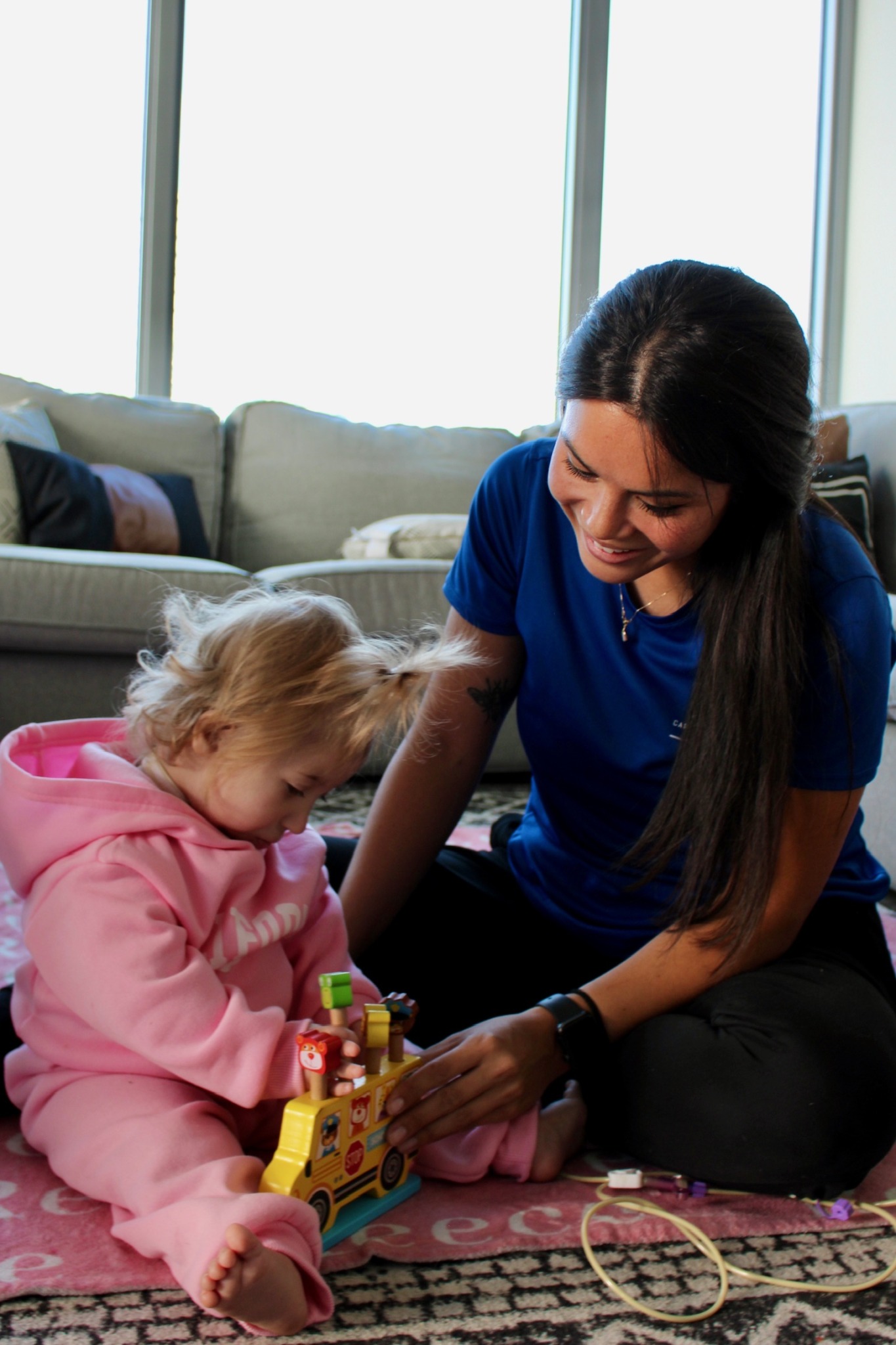Alright – so today we’ve got the honor of introducing you to Carly Castillo. We think you’ll enjoy our conversation, we’ve shared it below.
Alright, Carly thanks for taking the time to share your stories and insights with us today. We’d love to hear about the things you feel your parents did right and how those things have impacted your career and life.
I like to think of my parents as my lighthouse—encouraging me to embark on the unknown and the challenging while always being there to guide me safely from afar. For my entire life, they have gently set an example for me and my five siblings of what it means to be successful business owners while also prioritizing family, friendships, and personal growth outside of work.
From the start, my parents, Rebecca and Andy, approached life differently than those around them. When they were engaged in their early 20s, they both started medical school while my dad simultaneously served in the military. They had two kids (my older brother and me) while still in medical school, the middle two during their residency, and the youngest two just after moving to a new state and opening their joint family medicine practice. They taught us that life doesn’t wait for the “perfect moment” and that there’s truly no better time than the present to begin living. My mom still jokes about taking med school exams while in labor and nights where each parent switched off bringing a circus of small children to the hospital to see the other briefly before long shifts.
When they started their first family medical practice, they split a full-time job between the two of them so that someone was always home with us. Being present for their children and each other was just as important as being present for their patients—something I didn’t fully appreciate until I entered the working world and saw how difficult it is to balance a career with “real life.” They attended every sporting event—my dad coaching many of our teams—every recital, school play, and awards ceremony in between. We had family dinner at least five nights a week, always making time to check in with each child, share updates, and talk about our goals. Even as their practices grew, expanding to include a travel medicine practice and an aesthetics medicine office with countless employees, they never wavered in their commitment to being active, engaged parents.
They supported each of us in finding our own paths without pressuring us to follow in their footsteps in medicine or the military—even though that would have been the obvious choice given our family’s background. I initially pursued social work before landing in occupational therapy, while my siblings explored careers in music, photography, marketing, engineering, nursing, and, in my youngest sibling’s case, the Air Force Academy, where he became a pilot. While my parents have all the traditional markers of success in business, what I admire most is their ability to maintain that success as parents, partners, friends, and active members of their community.
I have been trying (and at times really struggling) to do the same, but with the example they set for us and their continued support, it has become easier over time.
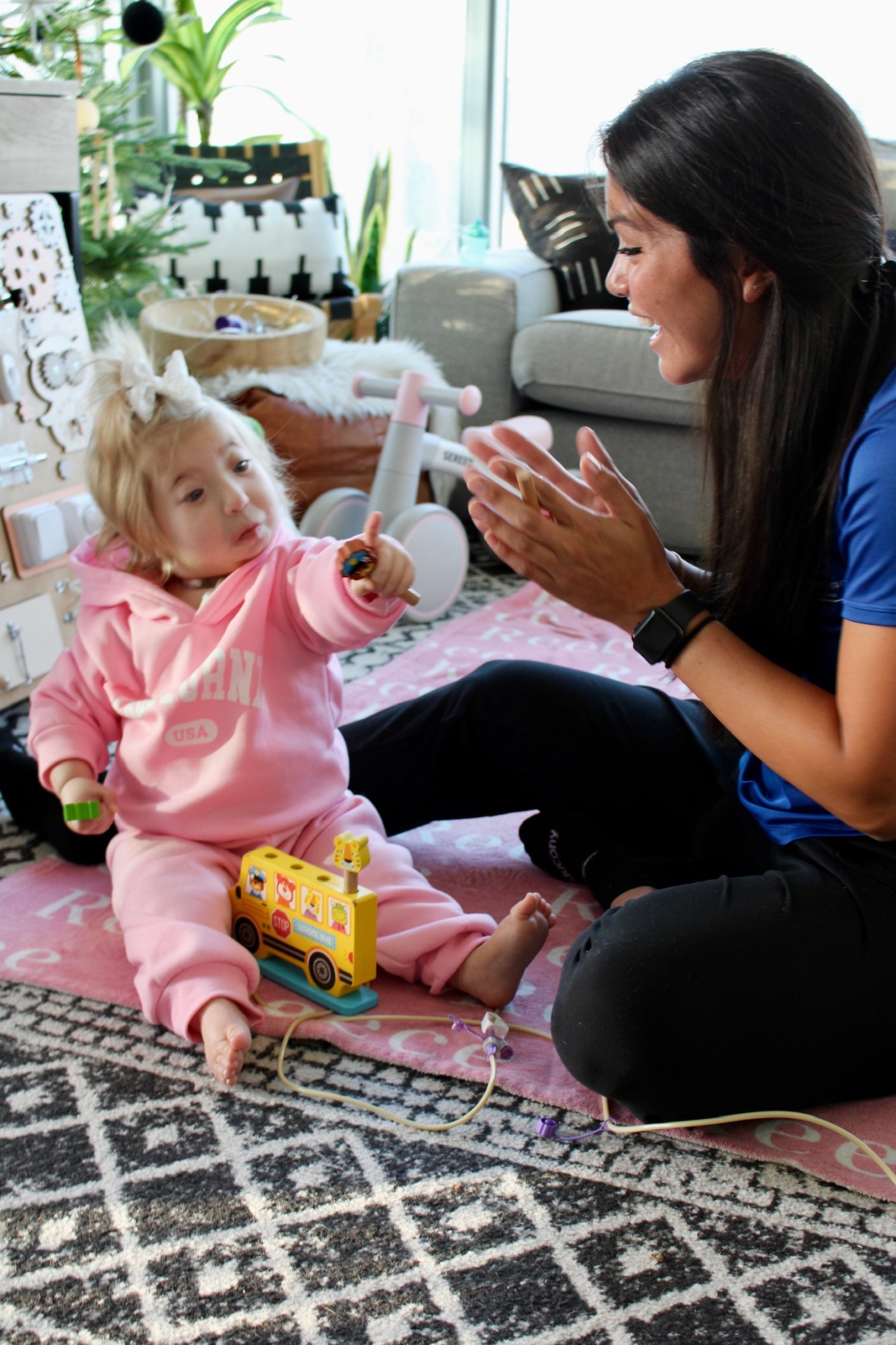
As always, we appreciate you sharing your insights and we’ve got a few more questions for you, but before we get to all of that can you take a minute to introduce yourself and give our readers some of your back background and context?
I’m a pediatric occupational therapist with a deep passion for helping little ones build a strong developmental foundation from birth to age three. In late 2022, I launched my practice, Playful Progress OT, and have been serving as a vendor for the San Diego Regional Center ever since. My work focuses on providing therapy for young children with developmental delays or disabilities, which can range from challenges with fine and gross motor skills to feeding difficulties and speech delays among others. Every goal we set is developed collaboratively with the families and caregivers, the Regional Center, and other therapists. This approach is very individualized for each client and their family, ensuring that each plan reflects the child’s unique strengths and needs while promoting independence in a way that works for the everyone involved.
Each session lasts about an hour, but the planning starts long before I walk through the door. Babies and toddlers are incredibly unpredictable, so I tailor every activity and toy I use in my sessions to align with each child’s specific goals while keeping their motivation, strengths, and areas for growth in mind. At the same time, flexibility is key—I often find myself adapting on the fly. A major part of my role is working closely with parents and caregivers to empower them with strategies that they can use outside of our sessions. The goal isn’t just progress in while in therapy but real, lasting improvements in daily life. I make it a priority to create therapy plans that fit seamlessly into a family’s everyday routine. The most effective home program isn’t the one with the most elaborate, “Instagram-worthy” activities but the one that’s sustainable. Rather than having families purchase special toys or materials, we focus on what they already have and find creative ways to adapt it to support their child’s goals. For example, if a child is working on fine motor skills, we might practice using kitchen tongs to pick up snacks instead of buying therapy-specific tools. If we’re targeting core strength or balance, we might incorporate climbing at the playground or simple games like reaching for objects while sitting on an unsteady surface. Even daily routines like getting dressed or brushing teeth can become opportunities for skill-building with small, intentional adjustments. By incorporating therapy into activities families are already doing, we make progress in a way that is easy and natural rather than like another task on their to-do list. This approach makes therapy more manageable for parents and also ensures consistency, which is key for real growth. This mindset is something I learned from my own parents, who showed me that work-life balance is possible—and it’s something I really strive to bring into both my personal life and my therapy practice every day.
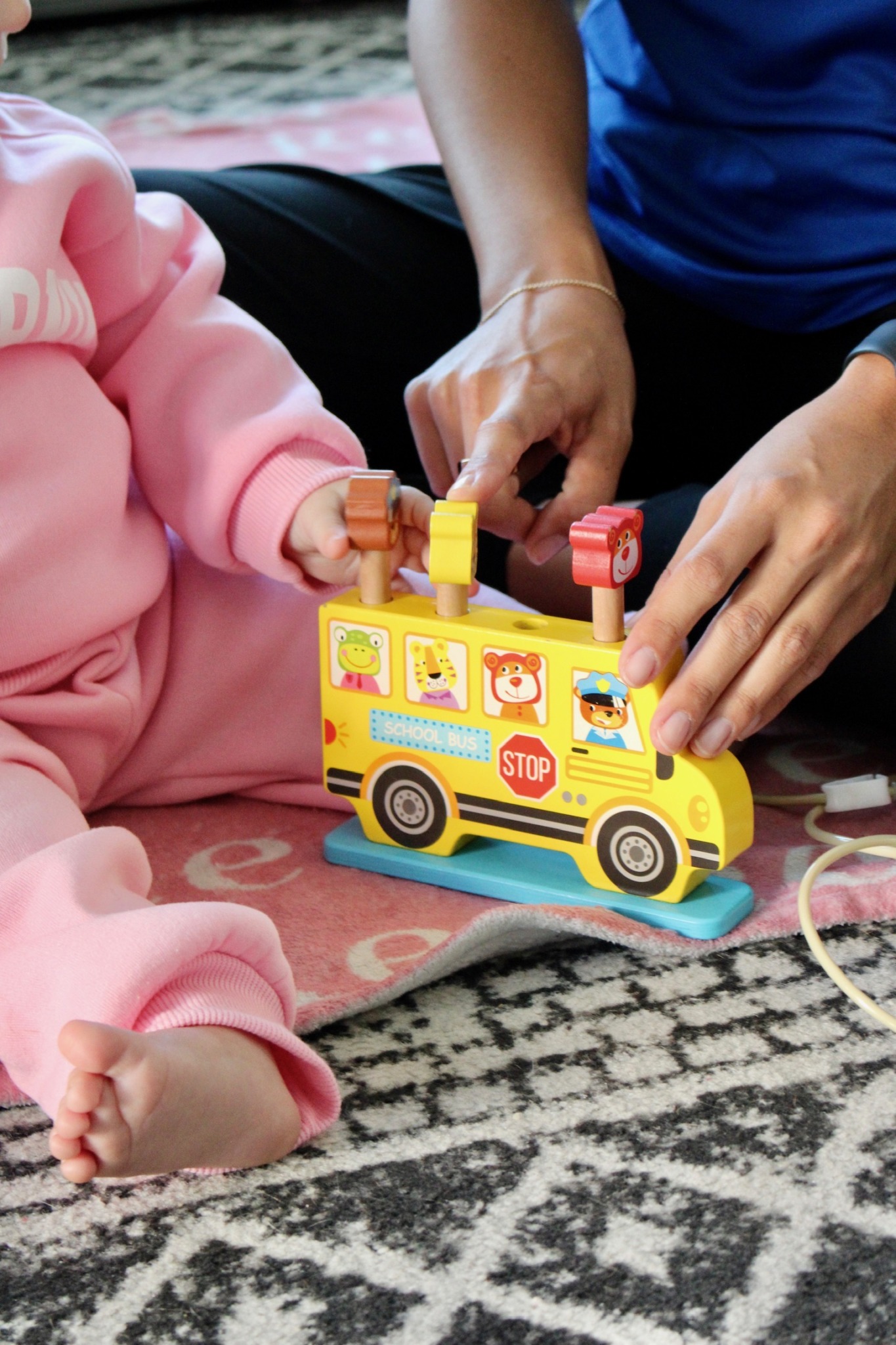
Other than training/knowledge, what do you think is most helpful for succeeding in your field?
Other than training, one of the most valuable skills for succeeding in my field is learning to listen to understand, not listening to respond. Many parents and caregivers—especially those navigating developmental delays or disabilities with their children—want to feel heard, validated, and recognized for what they are doing. Raising a child is an unpredictable and typically very overwhelming journey, and I’ve lost count of how many times I’ve heard parents say, “There’s no manual for this.” They feel like they bring their newborn home and suddenly find themselves facing challenges they never anticipated, without a clear roadmap for what to do next.
During evaluations, my primary focus is deeply listening to each family. I want to understand their goals, concerns, and what they’ve already tried or would like to try to support their child in working towards those goals. Every family dynamic is different, and taking the time to learn about their unique structure, values, and daily routines is so important for creating therapy plans that are effective and sustainable.
When I first started working, I was so focused on how I sounded—making sure I was responding professionally and providing immediate solutions. But over time, I realized that the more meaningful connections happen when I take a step back and really let go of the pressure to respond right away and focus on being 100% present in the conversation. Asking follow-up questions rather than rushing to offer advice has allowed me to build stronger relationships with the families I work with which in turn leads to better therapy outcomes for their kiddos.
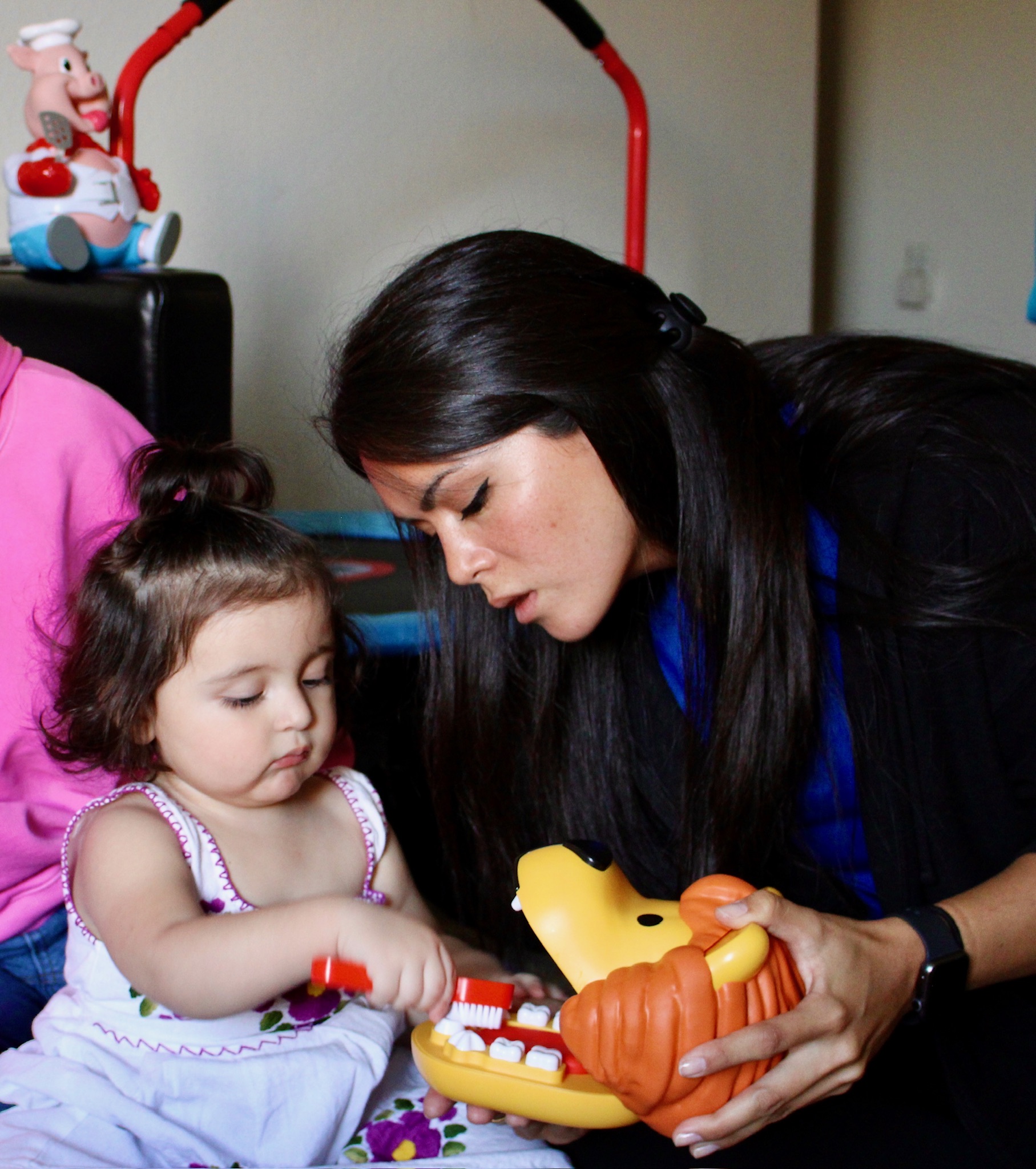
Have any books or other resources had a big impact on you?
In 2005, David Foster Wallace gave a commencement speech now known as “This is Water”. This speech has shaped my perspective in countless ways and I even have the title tattooed on me as a daily reminder. To give a brief overview, Wallace tells the story of two young fish swimming along when they pass an older fish. The older fish nods to them and says, “Hey kids, how’s the water?” The young fish keep swimming along until one eventually looks at the other and asks, “What the hell is water?” On the surface, it’s a simple anecdote, but its meaning has immensely changed the way I approach both life and business.
The speech really highlights the importance of awareness—of not moving through life like fish in water, completely surrounded by something yet oblivious to it. He talks about how our “default setting” is to see ourselves as the center of the universe, assuming that whatever happens is personal and affects us more than anyone else. He also argues that we have to make a conscious choice every day to shift our perspective and actively push back against this self-centered way of thinking. What I took from it is this: our lives and businesses may feel like the most important thing in the world to us, but they aren’t to anyone else. If we operate under the assumption that we are the center of everything, we’re setting ourselves up for failure. The people we interact with—clients, colleagues, employees—are all navigating their own struggles, priorities, and realities. If we want to be successful we have to be generous in our understanding, flexible in our thinking and responses, and open to learning about perspectives we may have previously overlooked. Growth, both in business and in life, happens when we step outside our own little bubbles and recognize the bigger picture.
Contact Info:
- Instagram: @carlycpediatricot
- Other: email: [email protected]
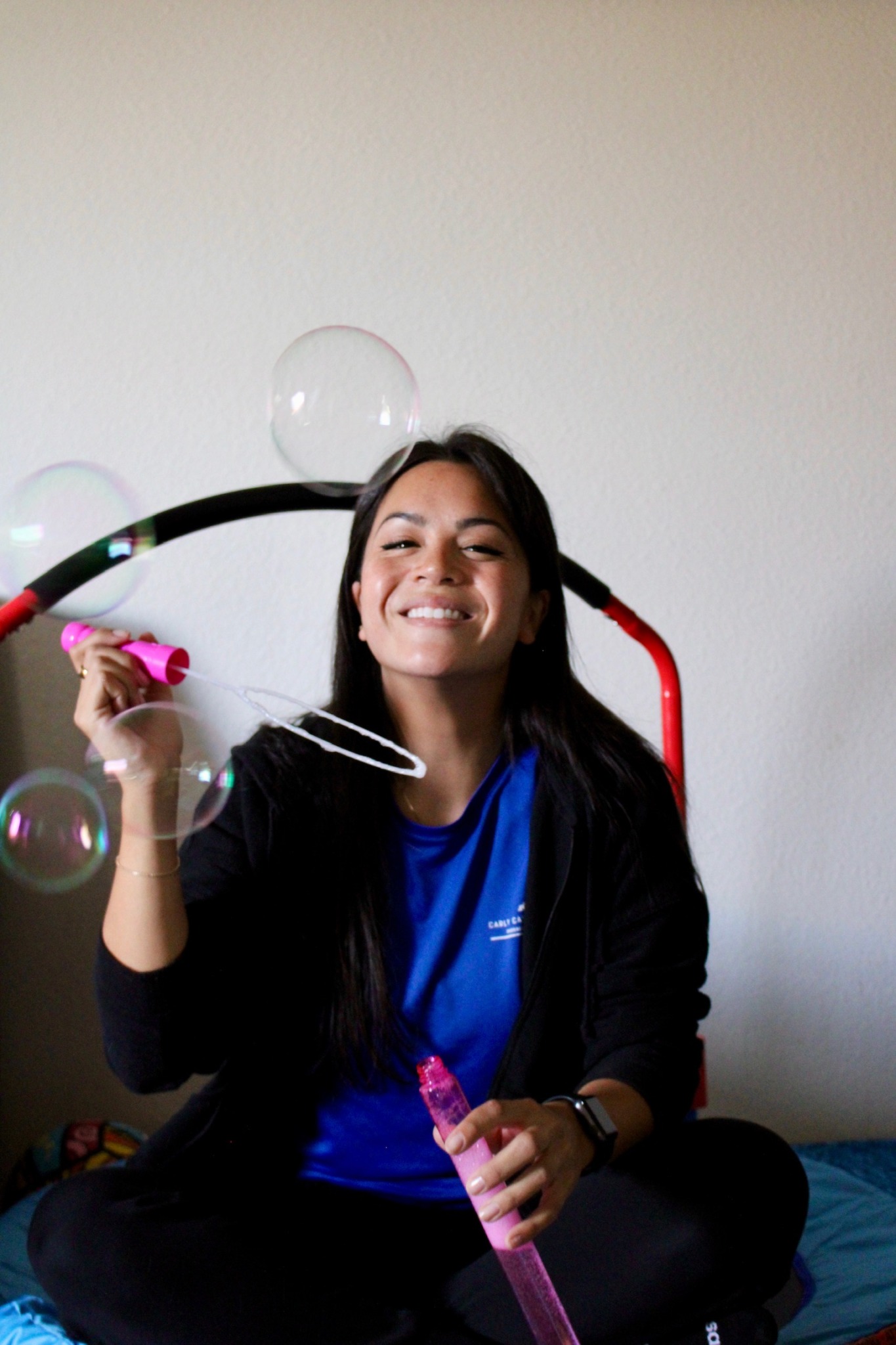
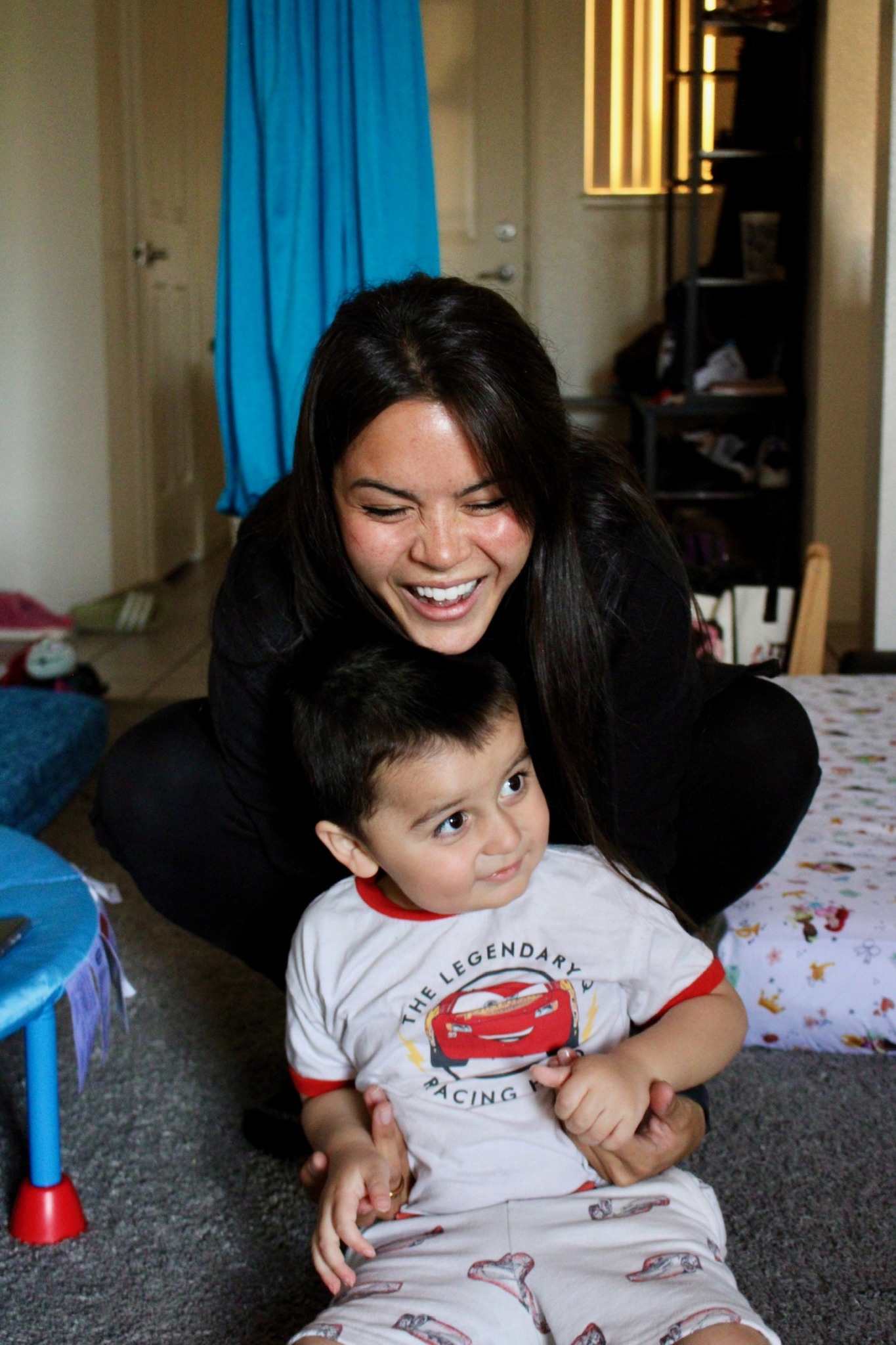

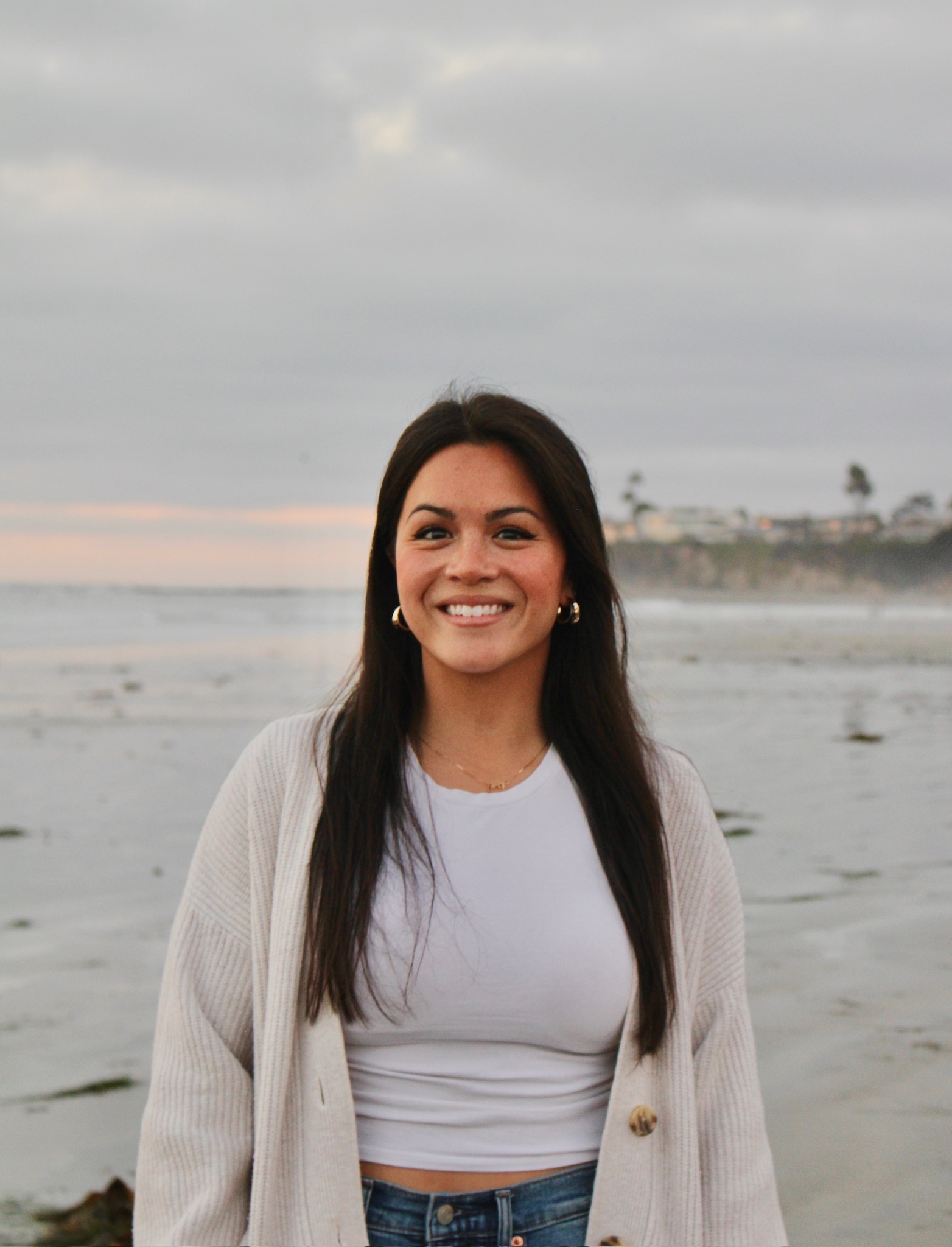
Image Credits
Kendall Castillo


